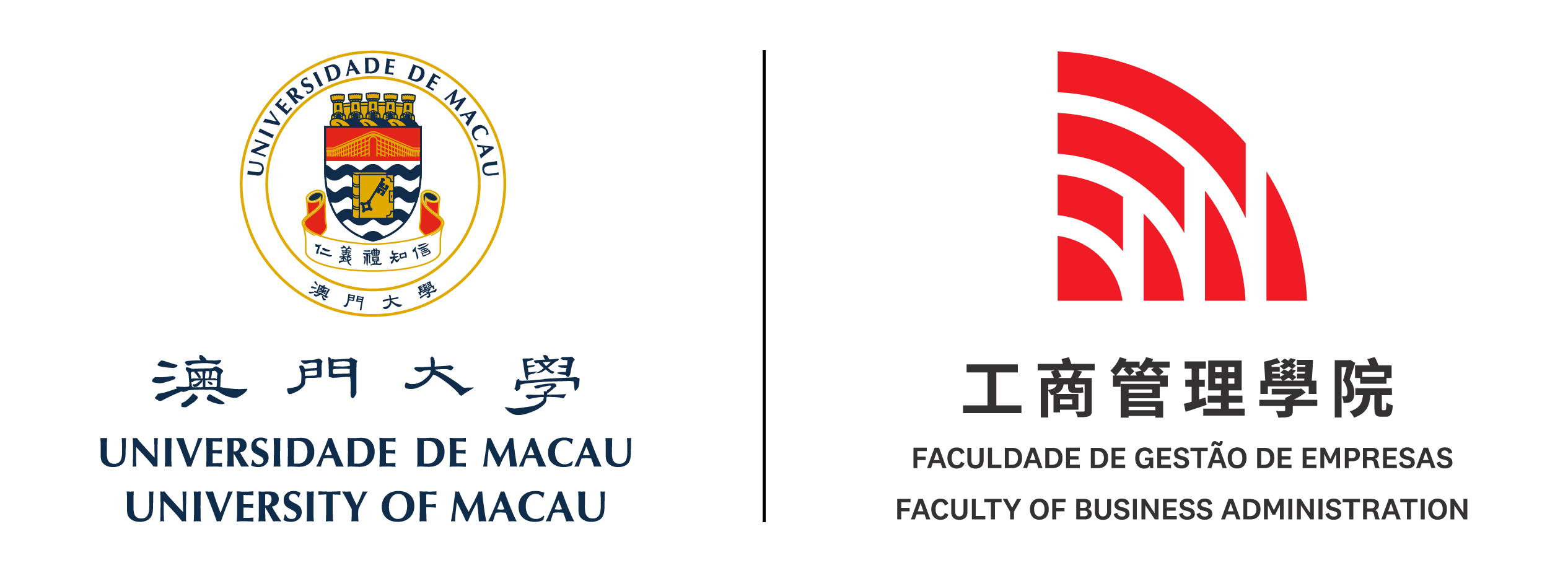Date: 20 November 2025 (Thursday)
Time: 13:00-14:00
Venue: E22-Lobby
Moderator: Prof. Leona LI, Assistant Professor of Business Economics and Prof. Shen ZHAO, Associate Professor of Finance
Presentation 1: The Impact of Air Pollution on the Government Efficiency
Abstract: Government efficiency is a key indicator of public sector management capacity and service quality, directly influencing policy implementation and public satisfaction. However, existing research has not sufficiently explored the factors affecting government efficiency or the pathways for its optimization. From the perspective of the interaction between environmental governance and administrative performance, this study employs data from the People’s Daily Online Leaders’ Message Board and utilizes natural language processing techniques to empirically examine the impact of air pollution on government efficiency as well as the potential transmission mechanism. The results reveal that, first, air pollution has a significant negative impact on government efficiency, with a 100% increase in the air pollution index leading to an extension of 3.769 working days in government response time. Second, air pollution exacerbates negative sentiment in public messages, which in turn further reduces government response efficiency. These findings contribute to the theoretical framework on the determinants of government efficiency and provide empirical evidence and policy insights for improving governance performance.
Speaker: Ms. Yi WANG is a third-year PhD student in Department of Finance and Business Economics. Her research focuses on environmental economics and climate economics.
Presentation 2: Global Banks in a Trade Shock: From Local Decline to Foreign Boom
Abstract: We examine how global banks respond to trade shocks and their consequences. When rising imports decrease local demand for import competing manufacturers, global banks shift their loan portfolios from the domestic to the global market. This behavior amplifies the negative effects of trade shocks on the local economy while stimulating growth in foreign markets. We test hypothesis using global syndicated loan data, focusing on China’s accession to the WTO and recent episodes of the Trump trade wars.
Speaker: Ms. Yichen SUN is a third-year PhD student in Department of Finance and Business Economics. Her research includes international finance, Chinese economy and banking.
All are welcome!


